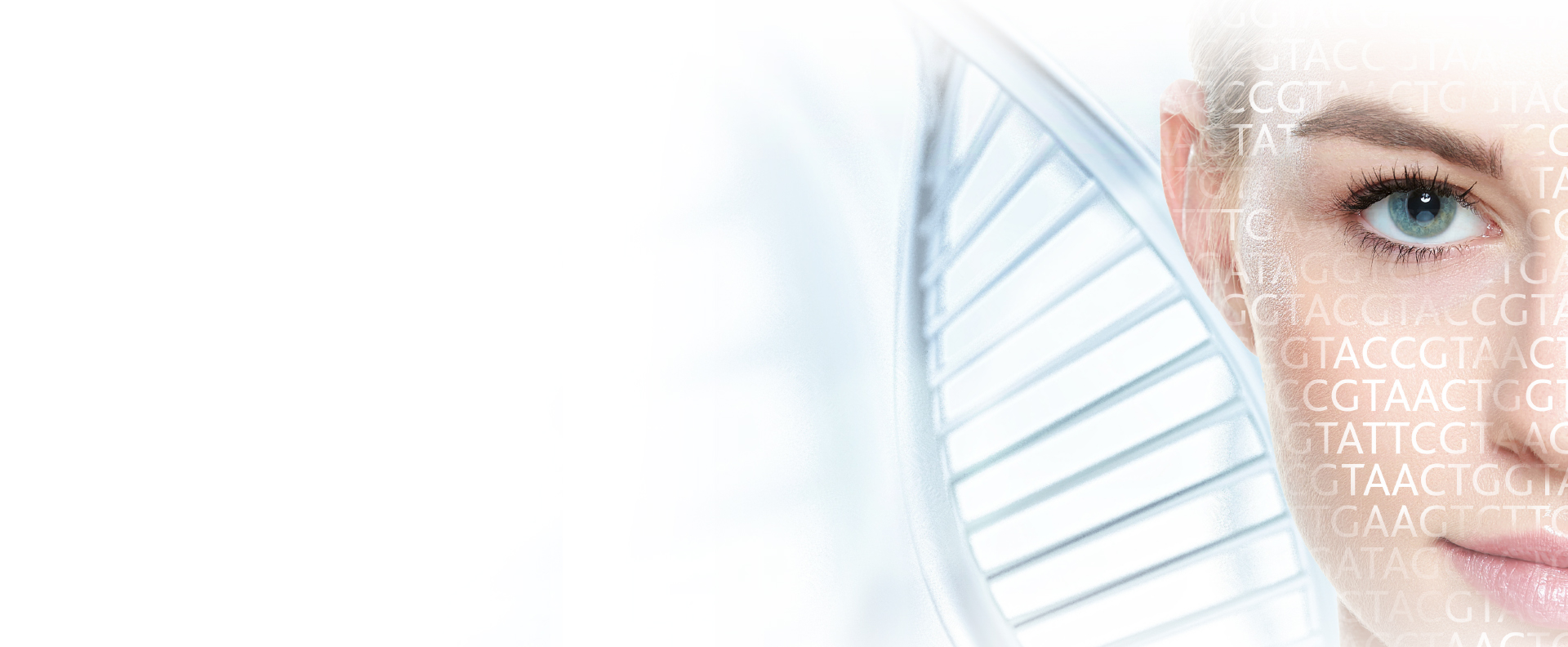IllnessParamyotonia congenita
Summary
Curated single gene sequence analysis according to the clinical suspicion Paramyotonia congenita
| Locus type | Count |
|---|---|
| Gen | 1 |
- (Extended panel: incl. additional genes)
- EDTA-anticoagulated blood (3-5 ml)
NGS +
Loci
Gen
| Name | Exon Length (bp) | OMIM-G | Referenz-Seq. | Heredity |
|---|---|---|---|---|
| SCN4A | 5511 | NM_000334.4 | AD |
Informations about the disease
Paramyotonia congenita begins in infancy or early childhood with myotonia as well as stiffness of the skeletal muscles and typically occurs after physical exertion or in the cold. The stiffness worsens the more the patient moves. Allelic disorders include hyperkalemic periodic paralysis, type 2; hypokalemic periodic paralysis, type 2; myasthenic syndrome 16, congenital; myotonia congenita, atypical, responsive to acetazolamide. Inheritance is autosomal dominant with almost complete penetrance in the allelic disorders - the only exception being autosomal recessive congenital myasthenic syndrome 16. The diagnostic yield has not yet been determined in representative cohorts.
Reference: https://www.ncbi.nlm.nih.gov/pmc/articles/PMC4852070/
- Alias: Kältemyotonie
- Alias: Paramyotonia congenita Eulenburg
- Allelic: Hyperkalemic periodic paralysis, type 2 (SCN4A)
- Allelic: Hypokalemic periodic paralysis, type 2 (SCN4A)
- Allelic: Myasthenic syndrome, congenital, 16 (SCN4A)
- Allelic: Myotonia congenita, atypical, acetazolamide-responsive (SCN4A)
- Allelic: Paramyotonia congenita (SCN4A)
- AD
Bioinformatics and clinical interpretation
Test-Stärken
- DAkkS-akkreditiertes Labor
- EU-Richtlinie für IVD in Umsetzung
- Qualitäts-kontrolliert arbeitendes Personal
- Leistungsstarke Sequenzierungstechnologien, fortschrittliche Target-Anreicherungsmethoden und Präzisions-Bioinformatik-Pipelines sorgen für überragende analytische Leistung
- Sorgfältige Kuratierung klinisch relevanter und wissenschaftlich begründeter Gen-Panels
- eine Vielzahl nicht Protein-kodierender Varianten, die in unseren klinischen NGS-Tests mit erfasst werden
- unser strenges Variantenklassifizierungsschema nach ACMG-Kriterien
- unser systematischer klinischer Interpretations-Workflow mit proprietärer Software ermöglicht die genaue und nachvollziehbare Verarbeitung von NGS-Daten
- unsere umfassenden klinischen Aussagen
Testeinschränkungen
- Gene mit eingeschränkter Abdeckung werden gekennzeichnet
- Gene mit kompletten oder partiellen Duplikationen werden gekennzeichnet
- es wird angenommen, dass ein Gen suboptimal abgedeckt ist, wenn >90% der Nukleotide des Gens bei einem Mapping-Qualitätsfaktor von >20 (MQ>20) nicht abgedeckt sind
- die Sensitivität der Diagnostik zur Erkennung von Varianten mit genannten Testeinschränkungen ist möglicherweise begrenzt bei:
- Gen-Konversionen
- komplexe Inversionen
- Balancierte Translokationen
- Mitochondriale Varianten
- Repeat-Expansionen, sofern nicht anders dokumentiert
- nicht kodierende Varianten, die Krankheiten verursachen, die von diesem Panel nicht mit abgedeckt werden
- niedriger Mosaik-Status
- Repeat-Blöcke von Mononukleotiden
- Indels >50bp (Insertionen-Deletionen)
- Deletionen oder Duplikationen einzelner Exons
- Varianten innerhalb von Pseudogenen
- die analytische Sensitivität kann geringer ausfallen werden, wenn die DNA nicht von amedes genetics extrahiert wurde
Laboratory requirement
Die in grün gezeigten Gene sind kuratiert und werden als Gen-Panel untersucht. Eine Erweiterung des Panels (blau gezeigte Gene, jeweils ebenfalls kuratiert) kann auf Anfrage erfolgen. Sofern unter "Erweitertes Panel" ein Minuszeichen angezeigt wird, sind nur Core-/Basis-Gene verfügbar.
Für die Anforderung einer genetischen Untersuchung senden Sie uns bitte die Krankheits-ID auf einem Überweisungsschein. Bitte die Material-Angabe beachten.
Für privat versicherte Patienten empfehlen wir einen Antrag auf Kostenübernahme bei der Krankenversicherung.
Die Untersuchung wird auch für Selbstzahler angeboten.

